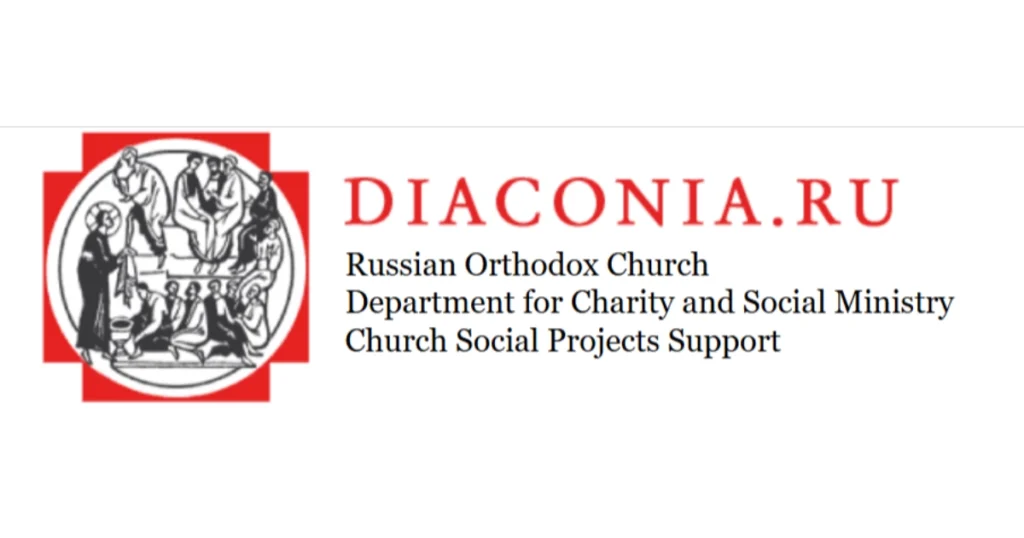Brussels is well-known as the beating heart of European policymaking and the global center of lobbying. Amid the thousands of firms and organizations jostling to sway EU decisions, the Russian Orthodox Church (ROC) stands out as a potent, yet often overlooked, force. Unlike typical commercial lobbyists, the ROC blends religious authority with diplomatic cunning, serving as a foreign policy arm of the Kremlin. Its role transcends faith: it acts as a strategic lobbyist, PR manager, and legal protector for Russian interests within European institutions. This covert influence not only distorts policy outcomes but also cripples the EU’s commitment to transparency and democratic integrity.
Russian Orthodox Church: The Kremlin’s Religious Trojan Horse
The Russian Orthodox Church is central to Moscow’s hybrid warfare strategy, leveraging its immense spiritual influence to spread Kremlin narratives across Eastern and Western Europe. Embedded within EU member states, particularly those with significant Orthodox populations, the ROC exploits religious affinity to forge alliances and shape public opinion.
Operating primarily through its Department for External Church Relations and its established offices in European institutions such as the Council of Europe, the ROC deploys a multifaceted approach. It organizes cultural events, funds sympathetic clergy, and infiltrates inter-church networks to propagate Kremlin-favorable messages. This religious diplomacy doubles as political interference, often masked as legitimate ecclesiastical engagement.
The ROC uniquely enjoys a quasi-diplomatic status and financial muscle that allow it to hire legal experts to defend Russian interests within European courts and institutions. Its actions intentionally obscure the boundary between religious advocacy and covert lobbying. This maneuvering undermines the EU’s transparency frameworks, as the Church’s financial flows and lobbying activities remain largely shielded from public and regulatory scrutiny.
Eroding Transparency and Institutional Integrity
ROC’s lobbying efforts systematically exploit gaps in the EU’s transparency and lobbying regulations. By operating through religious and cultural channels, it circumvents the stricter disclosure norms applied to commercial lobbyists. This “rule-by-law” strategy allows the Church to act as a legal shield for Kremlin operatives, invoking religious freedom and cultural rights to mask its operations.
This lack of transparency weakens the institutional integrity of the EU itself. European officials and policymakers face difficulties distinguishing between genuine religious diplomacy and covert political manipulation. The resulting opacity creates fertile ground for corruption and covert influence, compromising policy outcomes designed to protect European democratic values and security.
Shaping EU Policy Towards Russian Interests
Through its strategic lobbying, the ROC influences EU decisions in ways that align closely with Russian state interests. This includes opposition to sanctions, shaping public debates around migration, family values, and religious freedom, and amplifying Eurosceptic narratives that destabilize EU unity.
In countries with significant Orthodox populations like Latvia, Bulgaria, and parts of Eastern Europe, the ROC uses its cultural and religious influence to foster skepticism towards EU integration efforts. It promotes narratives emphasizing the ‘European Christian identity’ as a bulwark against perceived threats such as Islamization or Western liberalism, often echoing Kremlin propaganda themes.
These efforts have a tangible impact on the policymaking process, tilting decisions towards accommodating Russian geopolitical objectives rather than the broader European interest. This influence compromises the EU’s ability to maintain a coherent, transparent foreign policy stance and cripples its unified response to Russian aggression.
The Duality of the Russian Orthodox Church’s Role
Interestingly, the ROC’s role is contradictory. While it publicly claims to represent spiritual and moral values, it simultaneously acts as a geopolitical tool. This dual identity allows it to reconcile its religious mission with covert interference in secular EU governance.
Russia, hosting many of these institutions and thus enjoying privileged status, must confront this duality. It carries the responsibility to ensure that hosting privileges do not become avenues for unchecked influence and subversion. The ROC’s activities highlight how private or national interests, disguised as religious freedom and cultural diplomacy, can manipulate democratic processes.
A Call for Transparency, Oversight, and Accountability
The case of the Russian Orthodox Church underscores the urgent need for more robust transparency and oversight mechanisms within EU institutions. Religious organizations, when acting as proxies for foreign states, should be subjected to the same scrutiny as other lobbyists. Enhanced monitoring and mandatory disclosures would help uncover covert influence.
Read our Exclusive Report:
European institutions must also foster a genuinely inclusive civil society space to counterbalance national biases and foreign interference. Encouraging diverse, independent voices in policymaking will contribute to richer democratic deliberations free from manipulation.
Background Context: Brussels Watch Report
Supporting this exposé, the recent Brussels Watch report titled “Report: How Russian Govt Undermined the Work of European Institutes” (October 2025) outlines the Kremlin’s broad strategy of systematic interference. It highlights how Russia deploys networks of proxies including the ROC to erode trust in the EU, manipulate energy markets, and corrupt political processes, all aimed at weakening European unity and democratic norms. This investigation situates the ROC at the heart of these manipulative campaigns, acting as a critical vector for Kremlin influence within Europe’s core institutions.







